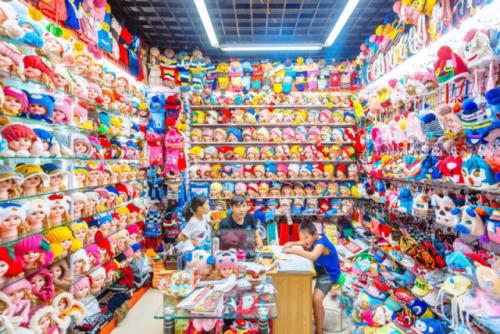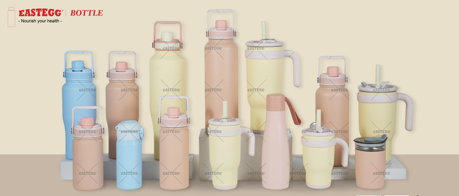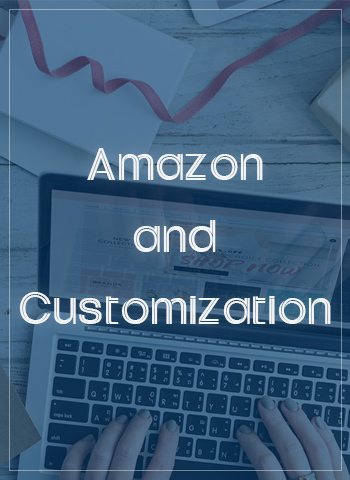Beginner's guide to shopping in China
2018-08-06 15:55:49
Shopping is very popular in China. Shopping in China means your price will be more advantageous. But it can be a bit difficult for a novice. Here's the beginner's guide to shopping in China
1. Identify your rights:
Buying from abroad will make you an importer. If you want to buy a lot of things, you first have to determine your rights in that country. You must also remember that Courier companies like DHL, UPS, or FEDEX only send your packages when they are small and for personal use.
2. Determine your product:
If you want to trade, you must first choose the right product. A bad decision in choosing a product will cost you a lot of money and time.
It is best to collect as much information as possible about the goods you intend to import. You can also request product samples for more inspection.
It's also important to make sure that the products you want to import are allowed in your country. Make sure it passes all the rules and regulations in your country.
3. Find the right supplier:
Finding the right supplier is tricky. Many importers choose their suppliers from samples at trade shows. That's not a good idea.
You'd better do background checks on your suppliers. If he claims to own a factory, you should go there. Get some referrals, too.
Once you have selected your supplier, request the proforma invoice for your purchase request. Remember, your P/ I must show the weight and package size.

4. Bill payment method:
Don't leave anything for the future. Before importing, make sure your payment method is clear. The most common form of payment is bank transfer. The standard terms are 30% down payment before purchase and the remaining 70% after the supplier faxed the bill to the importer.
Beware of traps. If the supplier insists on more favorable terms, you may reconsider.
5. Ensure the quality of your products:
It is important to ensure that your supplier complies with your product specifications. You will ensure the quality of your products by visiting the factory.
The most typical quality control used by many vendors is the final random inspection. This sample gave professional inspectors enough time to draw conclusions about a whole batch of products.
These steps must be followed before negotiating with potential suppliers. Not only will you benefit, but you'll also let them know you're a professional buyer.
-
How to Use the Internet in China: Business Traveler’s Guide
2025-10-30 18:28:06















